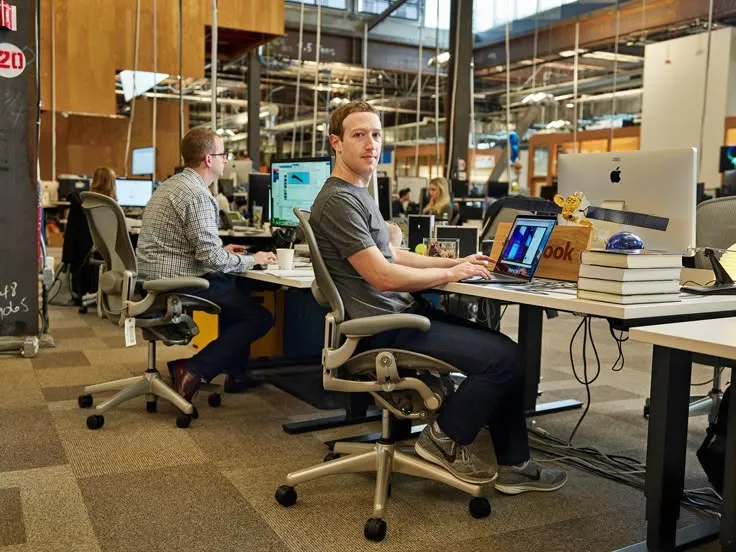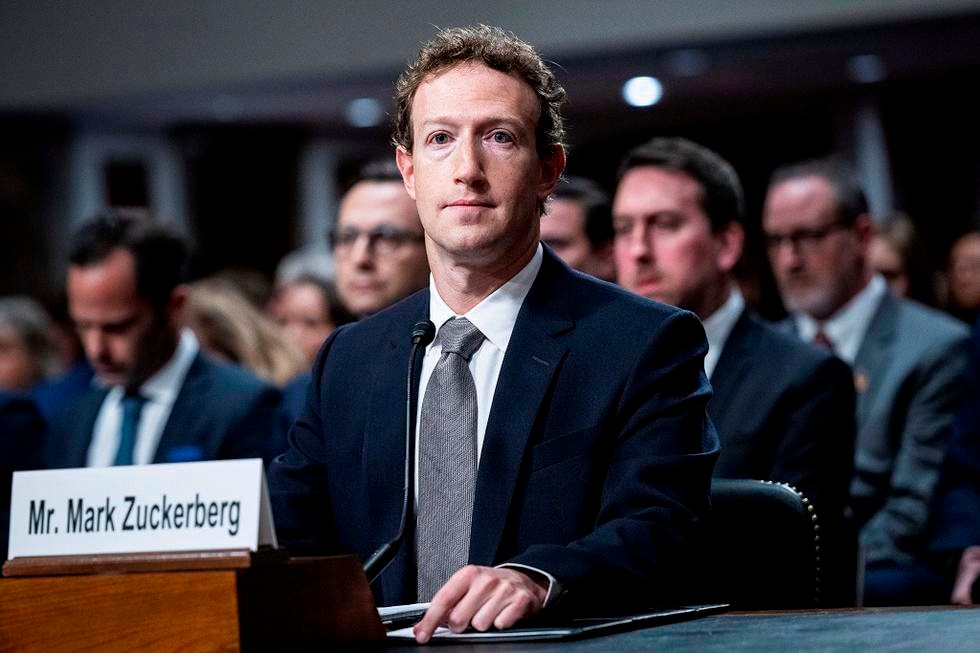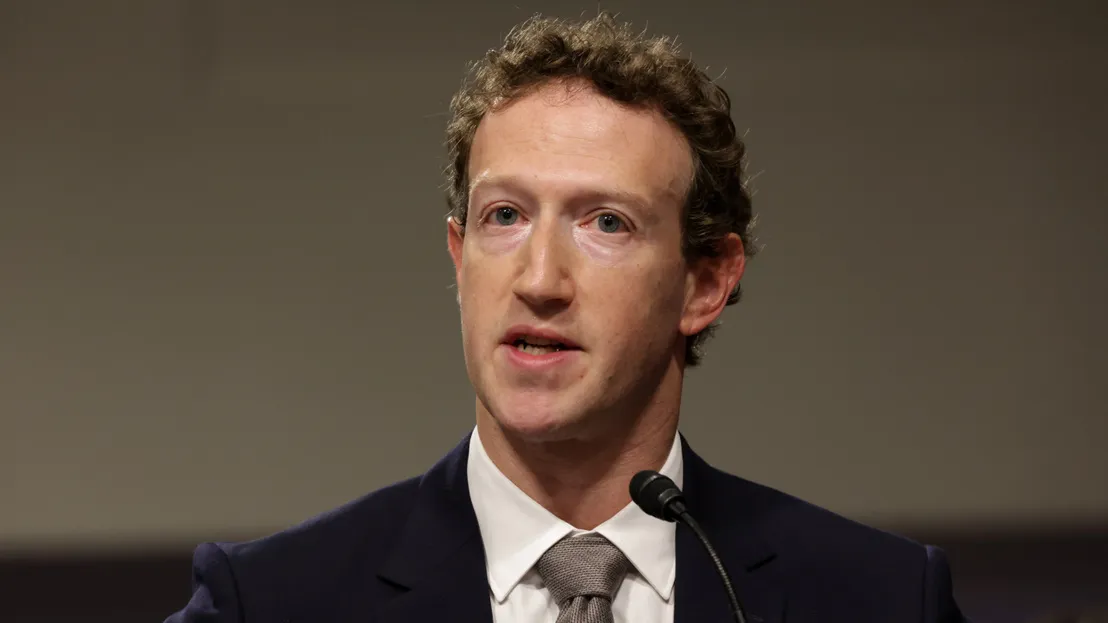

Mark Zuckerberg Pours Billions Into AI, but Talent Exodus Leaves Meta in Crisis
For more than a decade, Mark Zuckerberg has positioned himself as one of Silicon Valley’s most ambitious leaders. From reshaping social media to launching the Metaverse, the Meta CEO has consistently pushed the boundaries of technology. Now, his focus is on artificial intelligence, with billions poured into research and development.
Yet despite the massive financial commitment, Meta is facing a serious challenge: a talent exodus. Top engineers and researchers are leaving for competitors, startups, or independent ventures, sparking fears that Meta’s AI dreams could collapse under the weight of internal struggles.
The clash between huge investment and dwindling human capital highlights one of the great paradoxes of the modern tech world—money can buy infrastructure, but it can’t guarantee innovation.
Billions Flow Into Meta’s AI Vision
Zuckerberg has been open about his goal of turning Meta into a leader in artificial intelligence. The company has invested heavily in building massive data centers, high-performance GPUs, and proprietary AI models designed to compete with those from OpenAI, Google DeepMind, and Anthropic.
Meta’s flagship projects—like LLaMA (Large Language Model Meta AI)—have been released to researchers and developers worldwide. Zuckerberg has framed this open approach as a way to democratize AI, positioning Meta as both a competitor and a collaborator in the AI arms race.
In 2024 alone, Meta reportedly allocated tens of billions toward AI infrastructure. Entire server farms were redesigned to optimize machine learning workloads, while Zuckerberg personally highlighted AI at every major company presentation.
But while the money flows steadily, the real question is whether Meta has the human capital to turn financial muscle into groundbreaking innovation.

The Talent Exodus
In recent years, Meta has lost a wave of top-tier talent from its AI division. High-profile engineers and research scientists, many of whom were recruited with lucrative packages, have walked away from the company. Some cite burnout. Others want more freedom to pursue research without corporate constraints. Still others have been poached by rivals offering bigger paychecks and more exciting projects.
A particularly troubling trend is the migration of Meta talent to startups. Many former employees are now leading their own companies, fueled by venture capital eager to back those who understand cutting-edge AI. These departures not only strip Meta of talent but also create future competitors.
For Zuckerberg, who has prided himself on attracting the best minds, this is more than just an HR problem—it’s a strategic crisis.
Why Are They Leaving?
The reasons behind the exodus are complex but interconnected.
Culture Clash
Meta’s corporate culture is still tied to its social media roots. For AI researchers who thrive in academic-style environments, the rigid corporate structure feels stifling.
Competitive Pressure
With rivals like OpenAI, Google DeepMind, and Anthropic making headlines for breakthroughs, many Meta employees feel their work is overshadowed. Some have left to join these competitors, seeking the prestige of being at the forefront of innovation.
Ethical Concerns
AI ethics remain a hot-button issue. Some former employees expressed discomfort with how Meta might deploy AI—particularly in advertising and social platforms. The fear of contributing to controversial applications pushed some away.
Money and Autonomy
Ironically, despite Meta’s deep pockets, startups often offer more attractive options: equity stakes, creative freedom, and faster decision-making. For ambitious engineers, the appeal of building something new outweighs a corporate salary.
Billions Can’t Replace Brilliance
Meta’s challenge underscores a critical truth: money alone cannot solve the innovation equation. A billion-dollar budget cannot replace the insights, creativity, and intuition of a talented researcher.
As one former Meta scientist bluntly put it, “Zuckerberg can buy GPUs, but he can’t buy passion.”
The AI revolution is not just about computing power. It’s about the people who dream, design, and refine the algorithms that change the world. Without them, even the most well-funded projects risk stagnation.

Meta’s Strategic Gamble
Despite the setbacks, Zuckerberg remains committed. He believes AI is not just an add-on but the future foundation of Meta’s business. From improving recommendation systems to building intelligent virtual assistants for the Metaverse, AI is woven into every part of the company’s long-term plan.
Yet, the gamble is immense. By investing so heavily in AI while struggling to retain talent, Meta risks pouring billions into projects that may lag behind competitors. If breakthroughs come from OpenAI or Google instead, Meta could end up as a follower rather than a leader.
Comparing Meta to Rivals
The contrast is striking when compared with rivals.
-
OpenAI: Backed by Microsoft, it has captured the public imagination with ChatGPT.
-
Google DeepMind: Known for AlphaGo and AlphaFold, it consistently produces world-changing research.
-
Anthropic: A rising player attracting top talent with a focus on safety and reliability.
Meta, despite its resources, struggles to claim a similar narrative. Its AI announcements, while technically impressive, rarely spark the same excitement. Without retaining elite talent, Meta risks losing the storytelling battle as well as the scientific one.
The Human Factor in AI Development
What makes AI unique compared to past tech revolutions is the intensity of the human factor. While infrastructure matters, the breakthroughs often come from small, highly skilled teams working with precision and creativity.
In this context, every departure hurts. Losing just one senior researcher can set back a project months, even years. With many such departures, Meta faces the possibility of a brain drain that no budget can offset.
The Psychological Impact on Remaining Teams
The talent exodus also has a ripple effect. Remaining employees are left to question their own futures. Morale dips when colleagues leave en masse, especially when they are seen thriving in new ventures.
Zuckerberg now faces a delicate balancing act: keeping remaining teams motivated while recruiting new talent in a hyper-competitive market.
Can Meta Bounce Back?
Despite the crisis, it would be premature to count Meta out. The company still holds enormous financial and technological advantages. Its open-source approach with LLaMA has attracted praise in some circles, and its global infrastructure remains unmatched.
Moreover, Zuckerberg has a history of adapting under pressure. From pivoting to mobile in the early 2010s to weathering political controversies, he has repeatedly reshaped Meta’s trajectory. The AI crisis may prove to be another chapter in that story of reinvention.
The Future of AI at Meta
The road ahead will depend on three key factors:
-
Talent Retention: Without stabilizing its workforce, Meta risks continuous setbacks.
-
Innovation Pace: To compete, Meta must produce breakthroughs that excite both the industry and the public.
-
Ethical Leadership: Demonstrating responsible AI development could help attract talent disillusioned with corporate AI agendas.
Conclusion
Mark Zuckerberg’s decision to pour billions into AI is bold, ambitious, and necessary to secure Meta’s future. But the talent exodus represents a deep crisis that no amount of money can simply erase.
Meta’s challenge is clear: it must not only build powerful infrastructure but also create an environment where the best minds want to stay. Without solving that puzzle, Zuckerberg’s billions risk becoming the most expensive gamble in tech history.
For now, Meta remains at a crossroads. It has the resources to shape the future of artificial intelligence, but whether it has the people to get there remains an open—and existential—question.


















